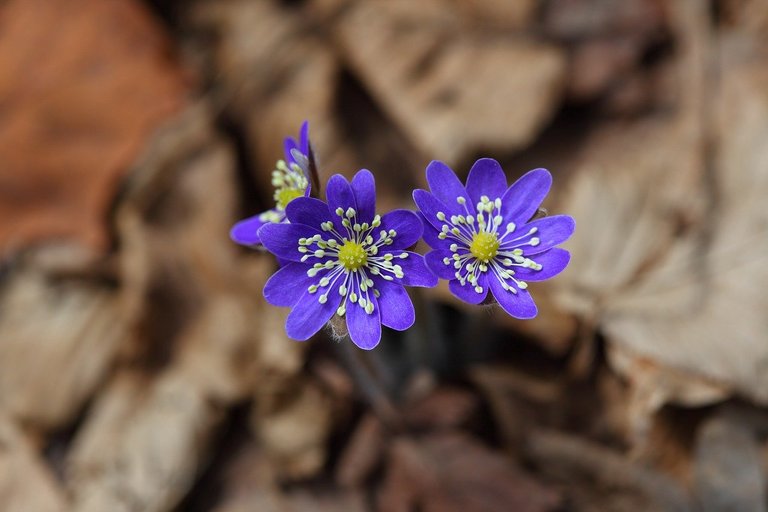SPRING FOREVER
My grandfather was born in June 1921. With his sunburnt face of the past decades of cultivating the land he told me about those first months of the Forty-five: "If winter comes, how far will spring be?"
He had learned it from George Clemence, an English soldier with whom he had shared a winery in the Langhe, before the April came to free them. George was a teacher at a college near Norwich. Those verses were from the poet Percy Bysshe Shelley, but I think my grandfather never knew it.
It was the liberation of our family that my grandfather pursued in those days. He had not yet turned twenty-four and was willing to kill. "When you are oppressed you can resist," he said. "But when you are subjected to submission and forced to suffer the worst suffering," he added, "you could even kill".
He spoke above all about my father, born on those hills two years ago. He was present when German soldiers dragged his mother, my grandmother, out in the yard to fill her with sticks. They devastated the kitchen, set fire to the beds, stole food, clothes, little money and precious things. For this kind of atrocity one can even get to kill.
My father, later, grew up in the silence of a family that does not have the strength to say anything but what it has suffered. And that in order to avoid reliving (re-dying) in the story, he silently chooses to make his memory disappear.
My father's few words were usually well spent. Like those to combat injustices. He started working at the factory, in Genoa, when he was just over fifteen. At twenty-five he led the demonstrations against the inhuman treatments reserved for the workers. It was the autumn of sixty-eight. "We have the right to raise our families with dignity", so it was written in red on a long white cloth that he and his companions wore on the snake of protesters. The same cloth that now stands in the old granary in the Langhe and that many times, a university student, I rolled out with pride.

"You just arrived, we did not even have a stove to warm up, it was no longer bearable to make you live in those conditions," he told me in his low voice in the memories of that era.
For some months now I had become a father when, in the summer of 2001, I was walking through the streets of Genoa with old ex-workers, the sons and nephews of the partisans, sensitive young people hoping for the future. A sea of people in "disagreement with the policies of the G8", as the newspapers of those days called.
My grandfather had a rifle and a machine gun. My father's haversholes filled with stones or bolts and iron bars hidden in the blue overalls. Yet they have educated me to peace and non-violent demonstration of dissent. So I raised my son trying to keep him a stranger to war and violence.
But every day I told him about my father and my grandfather, who kept the fire of freedom and hope burning inside me.
"If Winter comes can be be behind?"